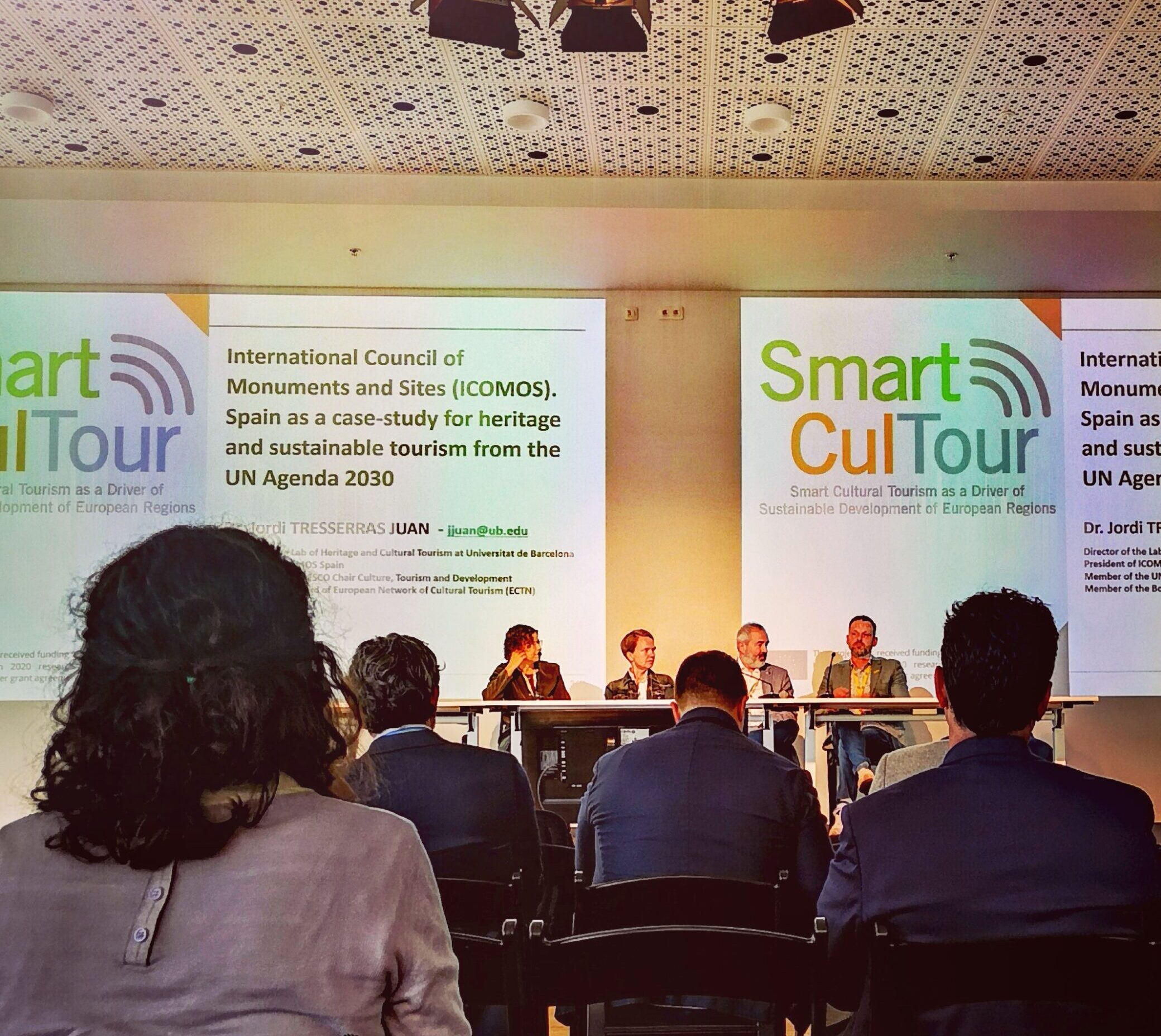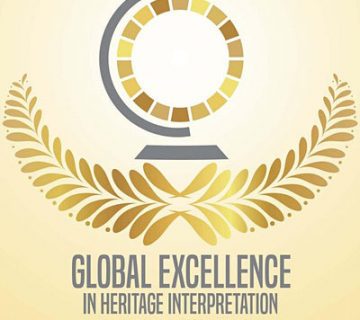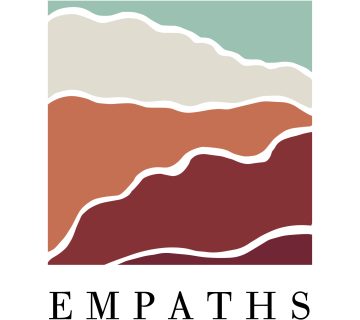Smart tourism cultivated by smart interpretive approach – Getting the balance right: expectations, meaningful experiences and respect for locals.
As tourists and locals, our diverse experiences shape the tapestry of smart tourism, fostering a nice balance, enriching visitor experiences and empowering communities. So, are we all experts in tourism? Absolutely! While some may not hold professional positions in the tourism industry, we frequently don the hat of tourists, and always embrace the role of locals. Whether consciously or not, our experiences and perspectives shape the world of tourism. From exploring as travellers to living in destinations that attract visitors, we each possess a unique expertise that contributes to the tapestry of smart tourism.
When we consider tourism solely as an industry, we often overlook the fact that it is fundamentally a human experience. It is a dynamic interplay between visitors seeking meaningful experiences and locals who embody the spirit of their destinations. As tourists, we have first-hand encounters with different cultures, heritage sites, and natural wonders. We carry the responsibility to engage respectfully, appreciating the significance of our actions on local communities and the environment.
Simultaneously, we are also locals in our own right. Our home cities or towns, which may be visited by tourists, form the backdrop to our daily lives. We understand the pulse of our communities, their values, and aspirations. This intimate knowledge enables us to advocate for a balanced approach to tourism that ensures the well-being and dignity of locals while providing enriching experiences for visitors.
To achieve this delicate balance, we must embrace the concept of inclusion, actively involving and engaging visitors during their experiences, as well as local communities in the preparation and planning of those experiences. It recognises that every individual possesses unique values, perspectives, and aspirations that shape their understanding of a destination. However, despite the fact that we often embody multiple roles as stakeholders, why is it still challenging to fully engage and incorporate all points of view?
Maybe it’s time to expand our perspective and consider the importance of value-based interpretation. Built upon the theory of human values by Shalom Schwartz, this approach recognises that visitors bring their own unique set of values that shape their interactions and perceptions. By understanding and aligning with these values, interpretation can bridge the gap between visitors and locals, fostering deeper connections and mutual respect. This broader inclusion of value-based interpretation allows us to create more meaningful and impactful experiences for all stakeholders involved.
Value-based interpretation encourages interactive and participatory experiences that allow visitors to engage with the destination on a personal and meaningful level. It taps into their intrinsic motivations and desires, promoting a sense of ownership and active learning (yes! focus is now on learning, not on teaching). By including visitors in the process, interpretation becomes a transformative tool, transcending traditional information delivery and becoming a catalyst for personal growth and understanding.
Similarly, value-based interpretation also takes into account the values of local communities. It recognises the importance of preserving cultural heritage, protecting the environment, and promoting sustainable practices. By involving locals in the planning and development of tourism activities, their values and aspirations are integrated into the visitor experience, creating a more authentic and inclusive destination.
Instead of asking, “How can tourism add value?” my colleague and award-winning writer and consultant, JoAnna Haugen, beautifully articulated it as: “How can tourism amplify and enhance the value this community/destination already has through exposure, support, and promotion?” I will just add through value-based interpretation and insightful experiences that inspire meaningful connections for visitors!
This perspective recognises the value of the community/destination and aims to elevate it by offering engaging and thought-provoking experiences that foster deep connections and leave a lasting impact on visitors. By embracing inclusion and value-based interpretation, we can foster a sustainable and balanced approach that respects the needs and aspirations of both visitors and locals. Let us unite our expertise, creating transformative and enriching experiences that celebrate diversity, promote mutual understanding, and empower communities.
This is what I pointed out in Brussels, in May, at the final SmartCulTour conference, where I had a chance to represent the interpretive approach and Interpret Europe’s strive towards value-based interpretation, coined in connection with UNESCO. It was really an honour to be part of this fruitful conference, Culture as catalyst: Redefining cultural tourism for sustainable destinations, which was the grand finale of a five-year project that has supported the development of European regions by providing them with a set of strategies to engage with stakeholders and co-create sustainable cultural tourism experiences. The great line-up of speakers included experts from the European Union, the United Nations Educational, Scientific and Cultural Organization (UNESCO), the International Council on Monuments and Sites (ICOMOS), universities, the business sector and representatives from SmartCulTour and other European projects currently working on cultural tourism.
Max Dubravko Fijacko is an IE Certified Interpretive Trainer for the CIG course and is IE’s Gastronomic Heritage Coordinator. He is a professional and expert in tourism as the owner of a tour agency, but also sometimes as a tourist and always as a local in Croatia. Max can be reached at: dubravko.fijacko@gmail.com.
To cite this article: Fijacko, Max Dubravko (2023) ‘ Are we all tourism experts?‘ in Interpret Europe Newsletter 2-2023, pg.11-12.
Available online: https://interpret-europe.net/wp-content/uploads/2023/07/Newsletter-2023_2-summer.pdf




